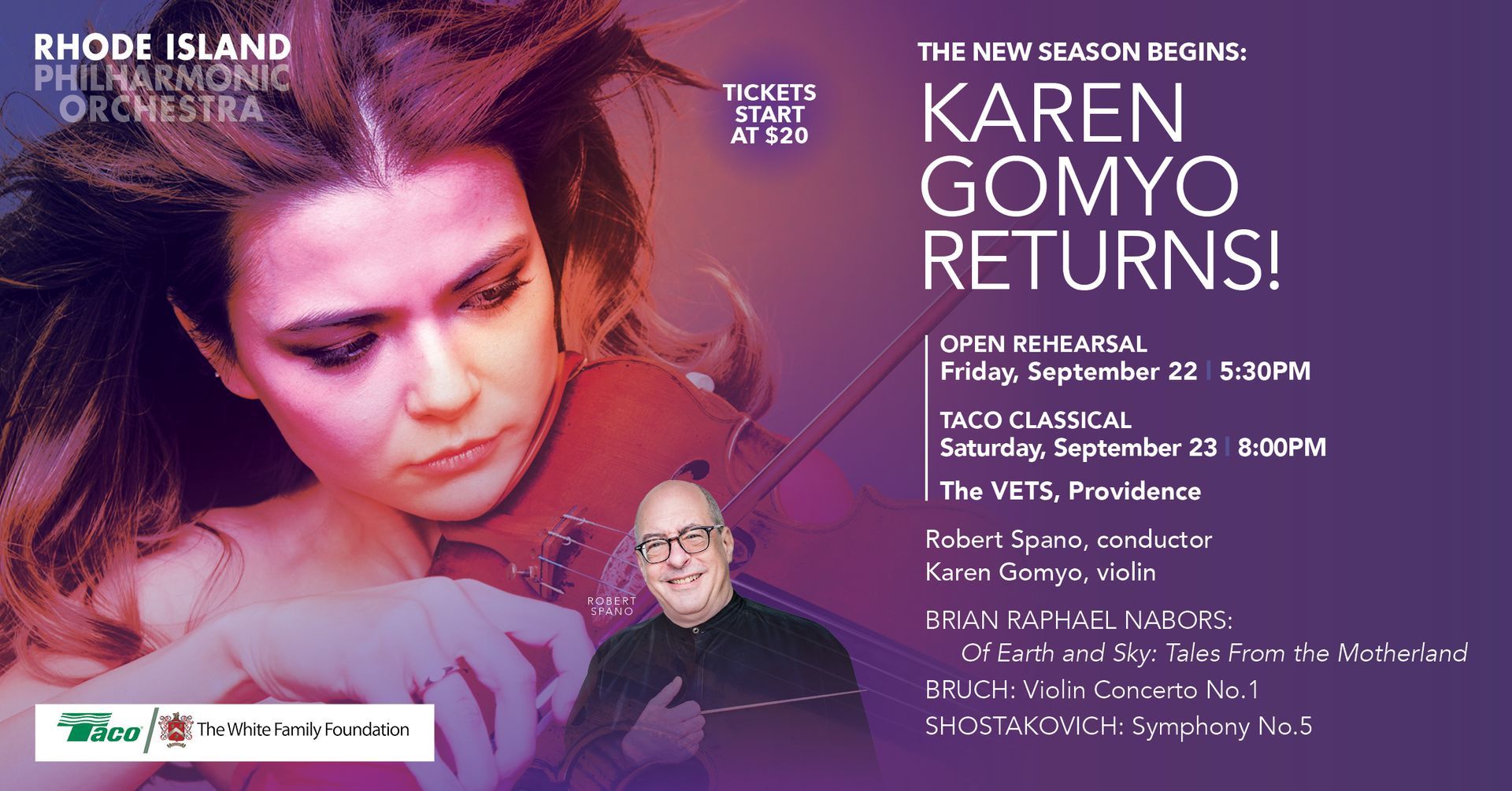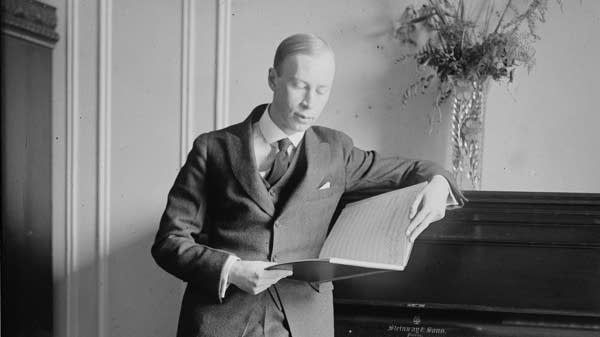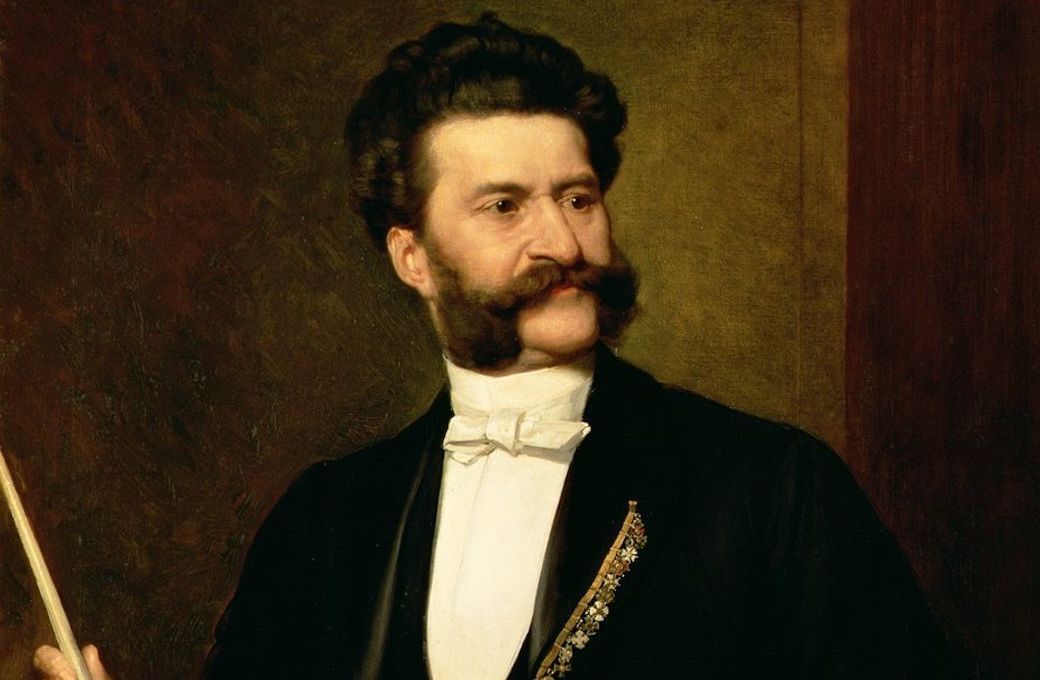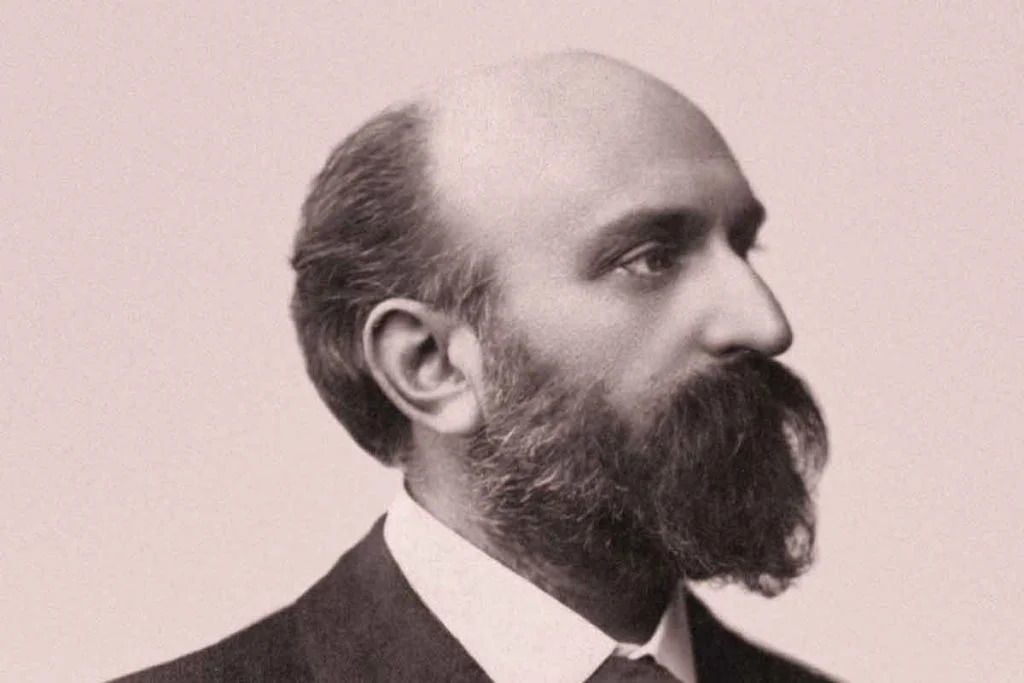THE STORY BEHIND: Shostakovich's Symphony No.5
Share
On September 23, conductor Robert Spano and the Rhode Island Philharmonic Orchestra will present KAREN GOMYO RETURNS with violinist Karen Gomyo.

Title: Symphony No.5, op.47, D minor
Composer: Dmitri Shostakovich (1906-1975)
Last time performed by the Rhode Island Philharmonic:
Last performed April 12, 2014 with Larry Rachleff conducting. This piece is scored for two flutes, piccolo, two oboes, two clarinets, E-flat clarinet, two bassoons, contrabassoon, four horns, three trumpets, three trombones, tuba, timpani, percussion, two harps, piano, celesta and strings.
The Story: Much has been written concerning the tragic and heroic meaning of Shostakovich’s Fifth Symphony, though the composer gave only this description:
The theme of my symphony is the making of a man. I saw Man with all his experiences in the center of the composition, which is lyrical in form from beginning to end. The finale is the optimistic solution of the tragically tense moments of the first movement.
Of course, there was more to it than that. Dmitri Shostakovich composed the Fifth Symphony in 1937. The previous year he had experienced a devastating blow when his music came under heavy attack in the Soviet press, largely at the instigation of USSR Premier Stalin. It seems that Stalin had attended a production of
Lady Macbeth of Mtensk and had been appalled by the dissonances (which were not really very extreme). There followed a flood of articles in
Pravda
and elsewhere, condemning Shostakovich, stating and implying that his art conflicted with the ideals of the Soviet Composers’ Union “toward the victorious progressive principles of reality, toward all that is heroic, bright, and beautiful.” Vulnerable to further assaults, Shostakovich immediately withdrew his Fourth Symphony, which he was readying for its premiere.
The following year, shortly before the premiere of the Fifth Symphony, the composer wrote a preface titled “A Soviet Artist’s Reply to Just Criticism.” In it, he stated that preceding the composition, he had gone through “a protracted period of internal preparation.” He went on to give the brief program shown above and then to justify the idea of tragedy in the context of Soviet art:
I think Soviet tragedy as a genre has every right to exist. Nevertheless, the contents must be suffused with a positive inspiration as, for instance, the life-affirming pathos of Shakespeare’s tragedies. We also know of many masterpieces in musical literature where the stern, inspirational language of Verdi’s or Mozart’s Requiem can fill the human soul not with weakness and despair, but courage and the will to fight.
The Fifth Symphony’s intent is universal impact and significance. Its immediate subject is, however, the composer himself. The work is full of passages too personal to be other than quasi-autobiographical testimony. This aspect is first apparent in the slow section that introduces the first movement. Imperceptibly, this joins with the central section driven by rhythmic repetition. At last, a return of the opening section ideas, now greatly elaborated, brings closure.
Emotional release comes in the next movement. Here, Shostakovich’s wry, sardonic sense of humor comes through, possibly taunting his worst critics. The light central section features solos from the first violin and flute.
The symphony’s most profound utterance is its Largo movement. At first dominated by strings, we later hear eloquent statements by solo and grouped woodwinds. We can sense a great personal tragedy here, but one that ends in peace and tranquility.
The finale is a parade of varied musical ideas. In the broad tradition of Mahler, this is intended to add up to a joyous triumph. It succeeds, although scars from the hero’s battles are still perceptible. In the final minutes of the symphony, pounding rhythms support a glorious brass hymn, which has elicited the comment from biographers Dmitri and Ludmilla Sollertinsky: “Hearing the symphony, we know it is about us and our complicated, ambiguous age, which can still overcome all and move resolutely onward to light and happiness.”
Program Notes by Dr. Michael Fink © 2023 ALL RIGHTS RESERVED
Tickets start at $20! Click HERE or call 401-248-7000 to purchase today!







